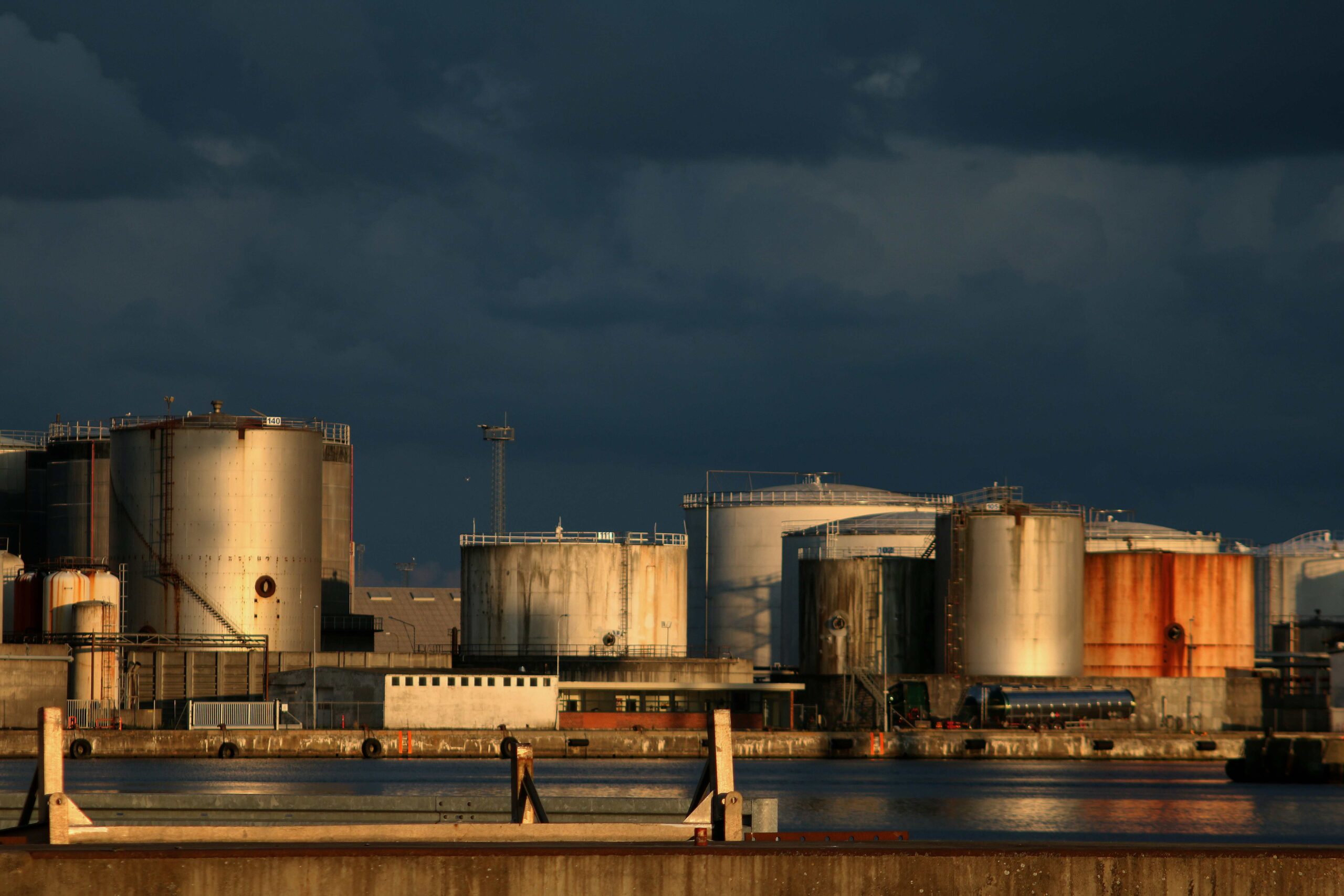Role of Blockchain in Bunker Fuel Supply Chain Transparency
In the complex and globalized maritime industry, ensuring transparency and accountability within the bunker fuel supply chain is crucial for efficiency, sustainability, and regulatory compliance. Blockchain technology has emerged as a promising solution to address these challenges by providing immutable records, secure transactions,
Bunker Fuel Consumption Patterns of Different Ship Classes
Introduction Bunker fuel consumption is a significant operational and economic consideration for the maritime industry, influenced by various factors including ship design, size, propulsion systems, and operational profiles. Understanding bunker fuel consumption patterns across different ship classes is crucial for optimizing fuel efficiency,
Role of Digitalization in Optimizing Bunker Fuel Procurement
Introduction Bunker fuel procurement is a critical function in the maritime industry, influencing operational efficiency, cost management, and environmental impact. The advent of digitalization has revolutionized how shipping companies approach fuel procurement, offering tools and strategies that optimize sourcing, pricing, and compliance. This
Bunker Fuel Management Software Solutions
In the dynamic maritime industry, effective management of bunker fuel—essential for powering vessels—plays a pivotal role in operational efficiency, cost control, and regulatory compliance. This article explores the emergence and benefits of bunker fuel management software solutions, their functionalities, impact on industry practices,
Technological Innovations in Bunker Fuel Storage
The maritime industry is undergoing a significant transformation, driven by technological advancements aimed at enhancing efficiency, safety, and environmental sustainability. Innovations in bunker fuel storage technology are pivotal in meeting the demands of modern shipping. This article explores the latest advancements in bunker
Blockchain Technology in Bunker Fuel Transactions
Blockchain technology is poised to transform the bunker fuel industry, offering transparency, security, and efficiency in transactions. This article explores the impact of blockchain technology on bunker fuel transactions, its benefits, implementation challenges, and future prospects within the maritime sector. Understanding Blockchain in
The Role of AI in Optimizing Bunker Fuel Consumption
In the maritime industry, bunker fuel represents a significant portion of operational costs, making fuel efficiency a critical concern for shipping companies. As the industry grapples with rising fuel prices and stringent environmental regulations, artificial intelligence (AI) has emerged as a powerful tool
Digitalization and Automation in Bunker Fuel Management
In the maritime industry, where efficiency, compliance, and environmental stewardship are paramount, digitalization and automation have emerged as transformative forces in bunker fuel management. Bunker fuel, which powers the world’s shipping fleet, is now being managed more effectively through advanced technologies that streamline
IMO 2020: Compliance and Challenges for the Shipping Industry
The International Maritime Organization (IMO) introduced a groundbreaking regulation known as IMO 2020, which came into effect on January 1, 2020. This regulation mandates a reduction in the sulfur content of marine fuels from the previous limit of 3.5% to just 0.5%. The
Bunker Fuel Efficiency: Optimization Strategies and Operational Best Practices
Introduction: Efficient utilization of bunker fuel has emerged as a crucial aspect of maritime operations, blending economic pragmatism with environmental stewardship. With bunker fuels serving as the backbone of global shipping, the pursuit of efficiency becomes imperative to manage costs and minimize ecological









